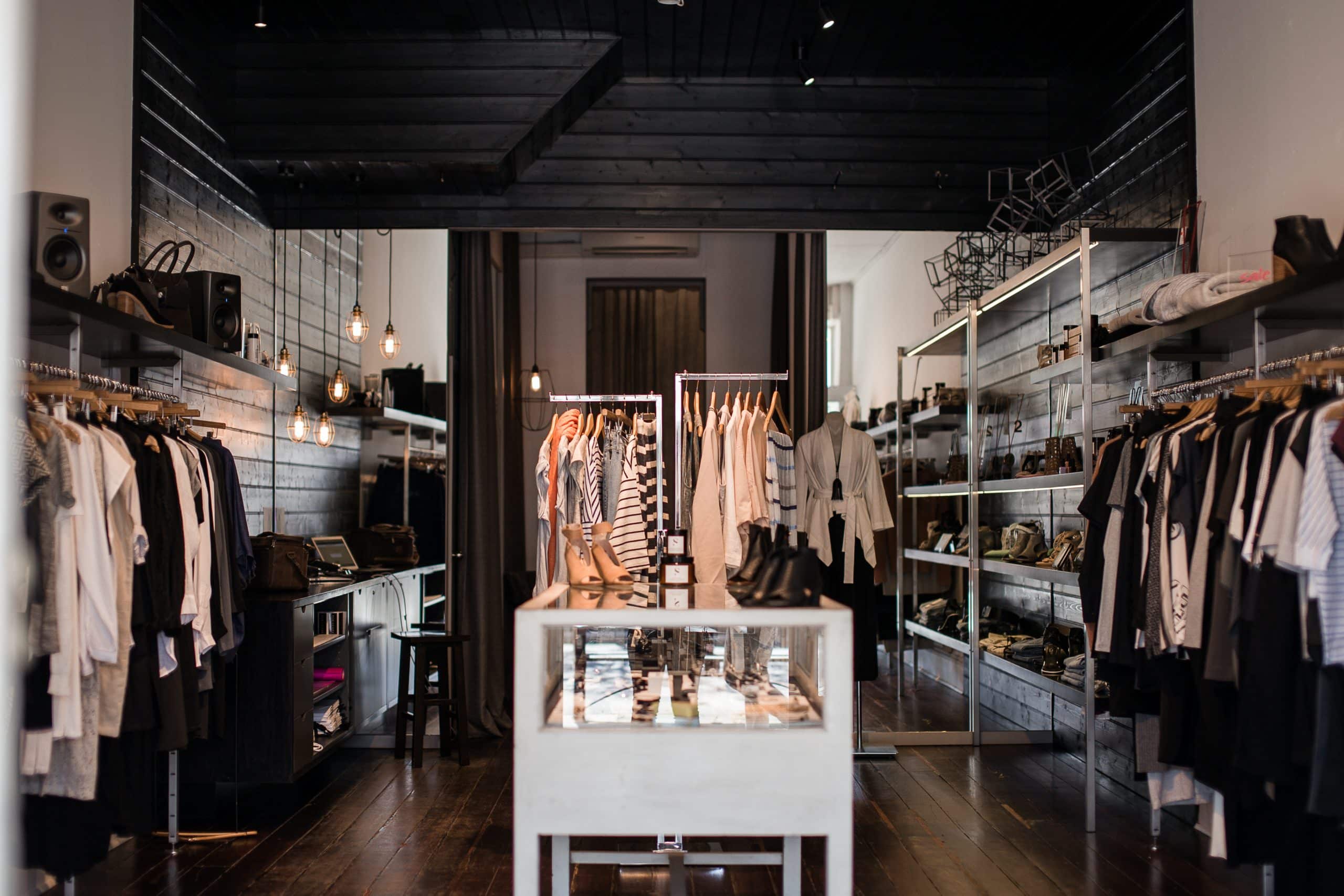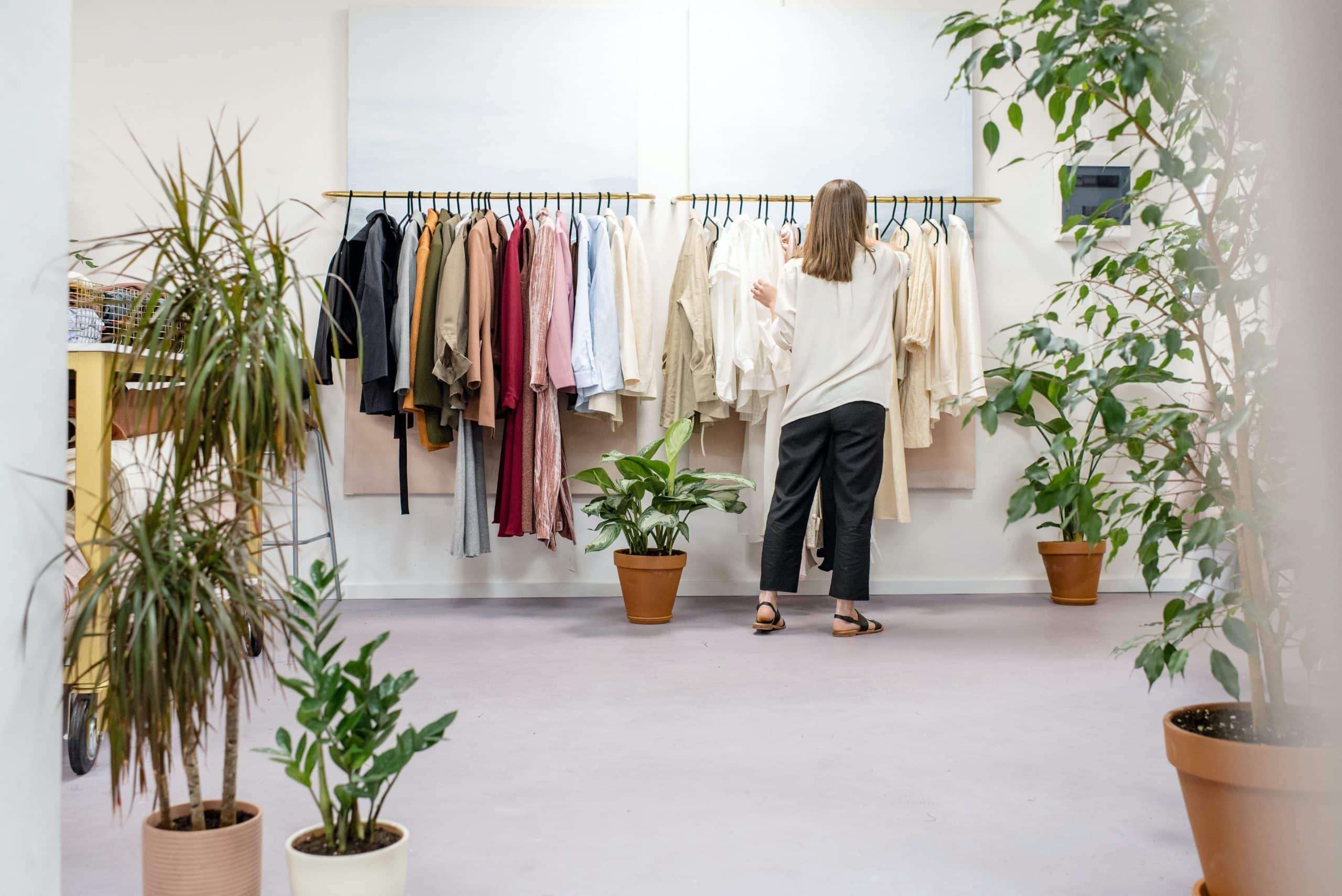
Global fashion brands are expecting 27% growth in their wholesale business this year and are investing in this channel over their direct-to-consumer (DTC) retail stores and ecommerce channels, a new study has revealed.
Over three-quarters of brands (77%) want to expand the number of their retail partners, with 55% of brands wanting to increase sales volume to their existing partners, according to research.
Wholesale has fallen out of favour amongst some bigger global brands in recent years. Nike famously pursued an aggressive DTC strategy, closing many of its wholesale doors as it focused on direct sales and owning the customer relationship end to end.
But, as the cost to market to and acquire new customers online rockets, alongside the growth of online marketplaces which offer a range and breadth of choice for consumers, the sportswear giant appears to have done a u-turn in strategy and wholesale is creeping back into favour.
NIKE’S U-TURN IN STRATEGY
In June, Nike said it plans to re-establish relationships with the likes of US department store chain Macy’s, which has 504 stores across the US. As well as Designer Shoe Warehouse, which has over 500 stores in the US and Canada.
As part of its strategic wholesale withdrawal, it pulled out of partnerships with retailers including Urban Outfitters and Zappos.
On a company earnings call in March last year, Nike’s chief financial officer, Matt Friend, said the business had cut 50% of its wholesale accounts since 2018.
But Friend admitted: “Wholesale partners play an integral role in our future marketplace, first, to authenticate our brands and then to create scale of distribution through a consistent customer experience across a larger retail footprint.”
The growth of wholesale
According to the study, conducted by B2B digital wholesale platform Joor which has a network of over 14,000 brands, 600,000 buyers and processes nearly $20 billion in wholesale transactions annually, wholesale continues to be an increasingly important distribution channel for fashion brands.
In 2023, digital wholesale is expected to hit $1.8 trillion in the US alone. When compared to last year, 75% of brands have the same or greater portion of their business coming from wholesale, and 33% reported a shift from DTC towards wholesale with wholesale actively growing as a percent of their total business.
This trend is most pronounced in APAC and Europe, where the shift from DTC towards wholesale is most dramatic.
APAC – 46% of brands have a larger portion of their business coming from wholesale vs. last year
Europe – 43% of brands have a larger portion of their business coming from wholesale vs. last year
North America – 13% of brands have a larger portion of their business coming from wholesale vs. last year
Why wholesale?
Pursuing a wholesale strategy can not only increase sales volume, but also boost brand awareness and help acquire new customers to the brand. Having sales in multiple regions can offset the ebb and flow of seasonality: as sales level off in one sector, they can pick up in another.
Diversity, in both markets and distribution, was another advantage brands found in their wholesale channels. The ability to source as well as sell internationally makes for smoother business flow.
And the improved network of connections can drive profitability and gives brands a chance to stand out and make themselves known in a crowded marketplace.
Brands say the benefits of wholesale include:
- Increase volume of business (76%)
- Increase brand awareness (71%)
- Acquire new customers (68%)
- Enter new markets (60)
- Diversify distribution (48%)
- Drive profitability (37%)
- Establish position amongst a competitive set (34%)
Global fashion brands say a key element of growing their wholesale channel is the ability to connect with new retail partners, wherever they might be located. In-person events are still important for making those connections, but digital introductions are becoming more common, with 42% of respondents relying on a digital platform or marketplace to connect with new retailers.
Other popular ways for brands to connect with new retailers include through a showroom, networking or at a tradeshow.

The challenges ahead?
Despite the upward trend of sales, brands were clear-eyed about the challenges currently being faced in the market, with inflation and the need for more retail partners rising to the top as consistent issues affecting brands today.
The biggest challenges facing global fashion businesses today:
- Inflation (55%)
- Lack of new retailer connections (51%)
- Supply chain challenges (30%)
- Increase competition (29%)
- Excess inventory (24%)
- Lack of data to inform decision making (13%)
- Sustainability concerns (11%)
In summary, the study provides some key takeaways that reinforce something we’ve been seeing for a while—wholesale is a critical distribution channel for brands globally, and its importance continues to grow. This growth represents a significant shift away from e-commerce and DTC channels, which is a marked change in the industry in recent years.
STAY UP-TO-DATE
For fresh insights, company news and business advice, subscribe to the weekly Matt Haycox newsletter.




